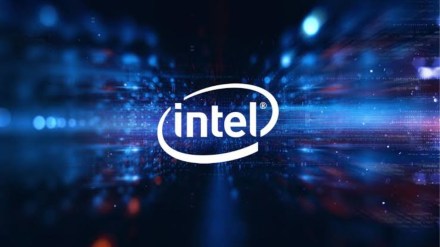Layoff: Intel’s sweeping layoffs intensified Friday evening with the disclosure that the company will cut nearly 2,400 jobs in Oregon almost five times more than it initially reported earlier this week. The job cuts, part of a company-wide restructuring under new CEO Lip-Bu Tan, are among the largest in Oregon’s history and mark a turning point in the state’s flagship tech sector.
Once the uncontested leader in the semiconductor industry, Intel has struggled in recent years amid falling sales and stiff competition. “Twenty, 30 years ago, we were really the leader,” Tan told employees earlier this week. “Now… we are not in the top 10 semiconductor companies.” Tan’s remarks underscore the urgency driving his push to streamline operations and cut spending.
Layoffs across the US
So far, Intel has confirmed plans to lay off nearly 4,000 employees nationwide, including in California, Arizona, and Texas. However, the deepest cuts are in Oregon, where Intel operates its largest campus and employed over 20,000 people before this latest round of cuts. More than 1,500 jobs will be lost at the company’s Ronler Acres site in Hillsboro alone.
Economic fallout for Oregon
Oregon’s economy, already under strain, is bracing for the ripple effects. Semiconductor jobs in the state average $180,000 annually, significantly above the statewide average. These layoffs are expected to depress consumer spending and reduce state tax revenues. Intel, which receives roughly $260 million annually in tax breaks, may also face scrutiny if its promised expansions stall.
Tech failures and AI setbacks
Intel’s decline has been a long time coming. Once the dominant chipmaker, it ceded ground to Taiwan Semiconductor Manufacturing Co. (TSMC) over the past decade. Its inability to break into the market for AI training chips, a segment now dominated by Nvidia, further exposed its vulnerabilities. Tan has acknowledged Intel is too late to compete in that arena and must pivot to adjacent AI technologies.
Most laid-off Intel employees will receive 13 weeks’ pay, with additional compensation based on tenure, plus a year of health coverage. As Intel exits automotive chips and outsources its marketing to Accenture, it is also cutting 1 in 5 jobs in its Foundry division, which handles manufacturing and R&D.
